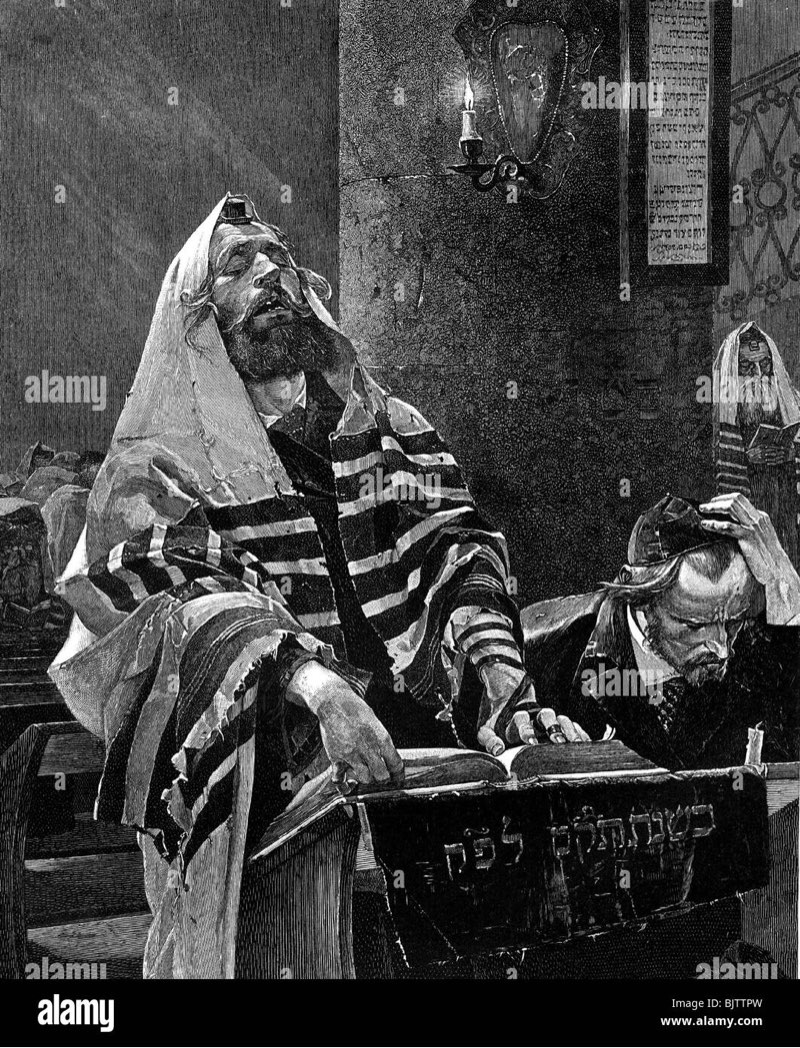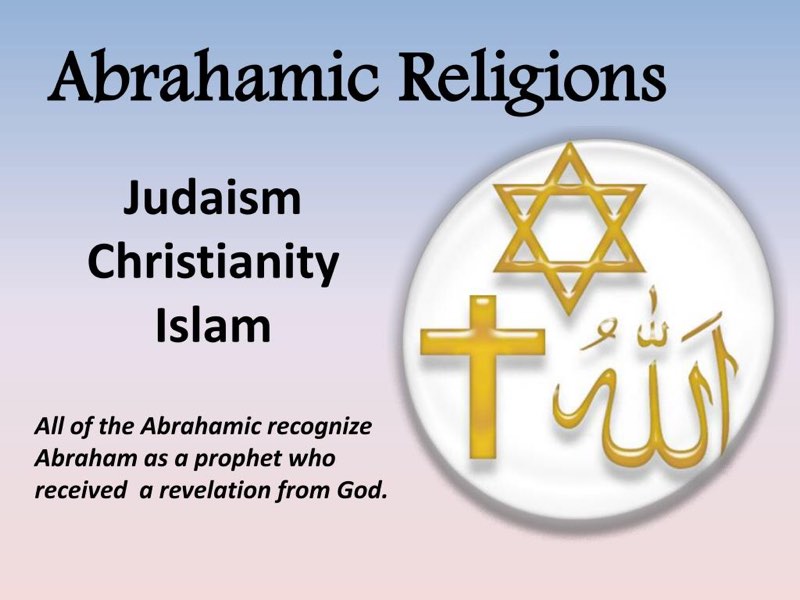There are those who argue that the fulfillment of the prophecy in Genesis 12, verses 2 to 3 can be seen in the Islamic Hajj as mentioned in Surah 22, verse 27, of the Quran, while Genesis 15, verse 18, is believed to be fulfilled through the spread of Islam as stated in Surah 24, verse 55, of the Quran, and Genesis 22, verse 18, through the figure of Muhammad, as referenced in Surah 21, verse 107, of the Quran. It is believed Ishmael, rather than Isaac, was the son of a near sacrifice. How do they present their argument?
Those who argue that certain prophecies in the Hebrew Bible (Genesis) are fulfilled through Islam present their argument by drawing parallels between specific verses in the Bible and corresponding verses in the Quran. Here’s a detailed look at how they present their argument:
1. Genesis 12, verses 2 to 3, and the Islamic Hajj (Surah 22, verse 27):
Genesis 12, verses 2 to 3: God promises Abraham that his descendants will become a great nation and that all peoples on earth will be blessed through him.
Surah 22, verse 27: This verse in the Quran commands Abraham to proclaim the pilgrimage (Hajj) to all humanity, promising that people will come to it from every distant place.
Argument: Proponents argue that the fulfillment of the prophecy in Genesis 12, verses 2 to 3 can be seen in the annual Islamic pilgrimage to Mecca (Hajj), which attracts millions of Muslims from around the world, thus becoming a significant gathering of Abraham’s spiritual descendants and a blessing to all nations.
2. Genesis 15, verse 18, and the spread of Islam (Surah 24, verse 55):
Genesis 15, verse 18: God makes a covenant with Abraham, promising his descendants land from the river of Egypt to the Euphrates.
Surah 24, verse 55: This verse states that God has promised those who believe and do good deeds that they will be made successors on the earth, establish their religion, and replace their fear with security.
Argument: They argue that the spread of Islam and the establishment of Muslim rule across vast territories, including the lands mentioned in Genesis 15, verse 18, is a fulfillment of this biblical promise. The spread of Islam is seen as the realization of the divine promise to give Abraham’s descendants through Ishmael dominion and establish a lasting religious legacy.
3. Genesis 22, verse 18 and the figure of Muhammad (Surah 21, verse 107):
Genesis 22, verse 18: God tells Abraham that through his offspring all nations on earth will be blessed because he obeyed God.
Surah 21, verse 107: This verse refers to Muhammad as a mercy to all the worlds.
Argument: The argument here is that Muhammad, considered a descendant of Abraham through Ishmael, fulfills the promise that all nations will be blessed through Abraham’s offspring. The message of Islam brought by Muhammad is seen as a universal blessing, aligning with the biblical prophecy.
4. The near sacrifice of Ishmael rather than Isaac:
Islamic tradition: It holds that it was Ishmael, not Isaac, whom Abraham was asked to sacrifice. This belief is based on interpretations of Quranic verses and Hadith (prophetic traditions).
Genesis 22: The Bible mentions Isaac as the son who was to be sacrificed.
Argument: Those presenting this viewpoint argue that the Quranic narrative and Islamic tradition correct or clarify the identity of the son in the near-sacrifice story, suggesting that Ishmael was the intended sacrifice. This reinforces the connection between Abraham’s covenant and the lineage through Ishmael, leading to the rise of Islam and the prophetic mission of Muhammad.
In summary, these arguments are based on interpreting and correlating specific biblical prophecies with Quranic revelations and historical events in Islam. This perspective emphasizes the continuity and fulfillment of Abrahamic promises through the spread and practices of Islam, with a particular focus on the significance of Ishmael and his descendants.


